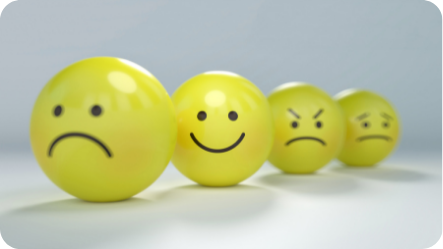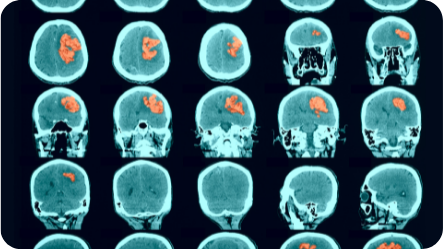All Genders Course;
|
Abnormal Psychology begins with an overview of human behavior and then introduces students to various psychological disorders as well as the theoretical concepts that underlie each one. Students explore theoretical, clinical, and experimental perspectives on the study of psychopathology. Students learn terminology, classification, etiology, assessment, and treatment of each of the major disorders. Upon completion of this course, students are able to distinguish between normal and abnormal patterns of behavior. This course features discussions, partner and group projects, and other activities that help students to recognize the ways that abnormal psychology manifests in the real world. The class is designed for 11th and 12th graders and may be appropriate for mature 10th graders.
|
"Overall, this class has been my favorite in all of my high school career. I loved every minute of it and really found myself engaged in the material." Course ApprovalThis course is approved by the NCAA. One Schoolhouse is fully accredited with the Middle States Association of Colleges and Schools and the Western Association of Schools and Colleges through December 1, 2025; we are an approved online publisher for the University of California. |
Academic Program TeachersAcademic Program teachers are passionate about helping students flourish and thrive.
|
What Happens In The Second Semester?
Students wishing to pursue a psychology project may enroll in the course for the full year. For students continuing into Semester II, the course shifts into personalized, project-based work, where students engage in deep, sustained inquiry, authentic and iterative research, critical analysis, and rigorous reflection, revision, and assessment as they journey through a self-designed, long-term activism, design, or research project on the topic of their choosing. Guided by a One Schoolhouse teacher, students pursue individual study/self-assessment or collaborative seminar/peer-review. Pathway options from which students choose include:
- Spring Activism Seminar: In this seminar, students identify a need and create a plan to effect economic, environmental, political, or social change in a target community. Utilizing a social science approach to research and evaluation, students are guided through the process of planning the deployment of a novel idea and identifying markers of success. Students may create a strategic plan for a club or non-profit or design an artistic product in this seminar.
- Spring Design Seminar: In this seminar, students design a technological solution to a real-world problem. Through the engineering design process/scientific method, students gather and analyze data to determine the effectiveness of their model or the accuracy of their hypothesis. Students may prototype and produce a public product in this seminar.
- Spring Research Seminar: In this seminar, students answer a theoretical or ethical question. Utilizing the social science/humanities tools for source evaluation, students collect, critique, and evaluate artifacts or primary source documents to explore their thesis. Students may create a written or multimedia product in this seminar.



